As you read yesterday, you can preorder Everything today or tomorrow from an online retailer and email your receipt to EverythingPromo@ThomasNelson.com. You’ll receive a link to a download landing page for $69.98 worth of freebies.
Here’s what you’ll get:
- An exclusive PDF of Everything ($9.99 value) a month before it releases.
- One free month to the Bestseller Society Mastermind membership. ($55 value).
- The 11 Secrets of Getting Published (ebook). ($4.99 value)
Here are some places to pre-purchase:
Here’s a sneak peek at the book: the Introduction.
Journey to Everything
Spiritual growth is more than a procedure; it’s a wild search for God in the tangled jungle of our souls.
–Michael Yaconelli
Two snapshots—a continent and an era apart.
Snapshot one.
“I feel crushed,” I told my husband Patrick. I recall the scene in the vibrant colors of Southern France six years ago. I can almost taste the pain au chocolat. I smell the warmth wafting through our upstairs loft of a bedroom. Tucked (crammed) in the corner of the room sits my desk where I write my first few books.
I propped myself on pillows on our bed, arms crossed across my chest. I felt the heaviness. Tasted it.
He held my hand. I sensed his worry about me because he entwined my fingers lightly, tenderness and desperation mixed together in his touch. “What do you mean?” broke the brief silence.
I chose to ignore his question, not out of anger, not because I wanted to dismiss him, but because so little was left of me that I couldn’t even form a response. “Why is God doing this to me? How long will He ask us to endure?”
Patrick’s theological words helped. God is sovereign. God is good. God sees. He is more than our emotions. Regardless of our desperation, He will work.
I nodded while tears tickled my cheeks. “I’m tired,” I said. “So tired.” I know he felt he’s lost me, and in truth he had. Gone was the innovative Mary who wanted to conquer the world for Jesus. Gone was the girl who loved to talk to people, who relished new relationships around the dinner table, who attempted triathlons. She vanished into the salty sweet air of the Mediterranean, replaced by a frightened, broken, torn up girl who no longer felt heroic.
Looking back, I see our two and a half years in France as compacting. Pressing. I am Princess Leia in the garbage chute, the walls closing in, moving ever closer to my skin, my bones, my heart. And just as I hope the metal will clank to a stop, they press further still, crushing me.
That’s how I felt as I sat on the bed, arms crossed, heart crushed. I spilled out all my words in that moment. Faithless words. “Why would God do this to us? Why would He call us here only to pulverize us? Why can’t anything go right?
Patrick listened to the words.
I remember that psalm where David echoes me. Psalm 13:1-4.
How long, O Lord? Will you forget me forever?
How long will you hide your face from me?
How long must I take counsel in my soul
and have sorrow in my heart all the day?
How long shall my enemy be exalted over me?
Consider and answer me, O Lord my God;
light up my eyes, lest I sleep the sleep of death,
lest my enemy say, “I have prevailed over him,”
lest my foes rejoice because I am shaken.
David’s melodic words mimicked mine. So shockingly mine. In that moment on the bed, I could not dream of a better life. Ahead I saw only more strife and pain and darkness. I lived bereft of hope. I slipped into fury when I read the last two verses:
But I have trusted in your steadfast love;
my heart shall rejoice in your salvation.
I will sing to the Lord,
because he has dealt bountifully with me. (ESV).
Bountiful became a foreign word to me in France, though the countryside boasted otherwise. Grapes and lavender and sunflowers shouted their joy while I wilted and shook.
Have you ever felt that way? Where everything you built crumbles? Where your dreams and expectations obliterate? Where growth stagnates?
Snapshot two.
I raised my hands skyward, the words of the worship song filtering through me. I sang surrounded by my church family in Texas, five years post-France. God’s question whispered with the cadence of the song. “Would you trade France?” He asked.
Tears tickled my cheeks, yet I smiled.
Would I?
Flashes of our time there pelted me. The team trauma. Our children crying as they trudged to French classrooms where belittling teachers made fun of them. Spiritual warfare thicker than reality—overt attacks against our family and each child. Losing our house in Texas to a conman, forced to succumb to foreclosure thousands of miles away. Language stress that strangled my tongue at the overcrowded grocery store. Not being heard. Suffering for what was right, but no one seeing. Leaving France defeated. So many trials stacked upon each other.
I remembered telling a veteran Christian our story. His elderly eyes had observed everything in ministry. I expected him to listen to our story, wisely nod his head and say, “Yeah, that’s ministry.” But he didn’t. He shook his head and said, “I’ve never heard of a story like yours. You went through far more than what seems possible.” His words validated the pain.
I thought about another wise man loving us with his words. We are fresh off the mission field, shell-shocked, exhausted. He listened to the story, pauses, thinks, then says, “Nothing significant in the Kingdom of God happens unless death occurs.”
I tasted that death. It took years to reboot my passion in ministry’s aftermath.
So when God asked me, “Would you trade France?” all these pictures coagulated into one painful mosaic of memory.
And yet.
And yet, I can’t deny the growth in the aftermath. Growth that once hibernated in the land of c’est la vie exploded on American soil like a hyperactive fireworks show. All that growth birthed from a time I felt pressed beyond recognition, where my ability to control my life died. Beneath France’s dirt, I am a tiny green sprout emanating from a seed, still entombed by earth.
That’s where growth starts, and that’s where it ends. The soil. The darkness where death reigns and life begins. Roots reach for water while something imperceptible pushes life toward the warmth.
If I were to ask you when you acted the most like Jesus, my hunch is that you wouldn’t say, “When all was perfect, when life felt controlled and manageable.” No, you and I would sit across from each other in a coffee shop and tell harrowing stories of danger, stress, worry, loss, and disappointment. I’d tell my ministry story, and you’d share your story full of conflict and villains and devastation. We’d both agree that we grew in those circumstances like Virginia creeper after a rainstorm, though we couldn’t see it at the time.
Recently I asked this question on my Facebook page, “When has God seemed closest to you?” What surprised me was that folks overwhelmingly cited trials. Here’s a sampling:
During labor when my preemie daughter was born.
During the illness and death of my mother and sister.
When I found out I was adopted.
Waiting to see if my dad survived a horrific motorcycle accident.
When I had a heart attack at thirty-eight years old.
During my separation.
Since the suicide of my spouse.
When I was hospitalized for mental illness at a psychiatric hospital at sixteen.
Ironic, isn’t it? God’s nearness, and the growth that happens in His light, come from the very things we desire to flee.
We grow when the walls press in.
We grow when life steals our control.
We grow in the darkness.
Lights on, hands raised, chin upturned, I rolled around God’s question about trading France. I saw how settled I’d become, not in a place per se, but in my heart. I perceived how secure I’d become, more apt to walk in good theology, genuinely believing God holds the entire universe under His sovereign control. I was less prone to despair. I prayed more, trusted more, believed more, relinquished more. In letting go of everything—including my identity—I became more like Jesus—Jesusy, if you will. Why? All because of the pressing and crushing of living missionally on foreign soil.
“No, Jesus. I wouldn’t trade it,” I said. How much of my life had I spent avoiding the very thing that causes crazy growth? How long have I resisted this Scripture in James:
“When all kinds of trials and temptations crowd into your lives my brothers, don’t resent them as intruders, but welcome them as friends! Realise [sic] that they come to test your faith and to produce in you the quality of endurance. But let the process go on until that endurance is fully developed, and you will find you have become men of mature character with the right sort of independence” (James 1:2-4, Phillips version).
I don’t often welcome trials and temptations as if they were my best friends. I certainly didn’t overseas. Trials assaulted me like insipid intruders. But I’m learning to open my arms. Slowly, I’m welcoming whatever God sends, all the while studying other believers whose roots have gone deep whose branches bear the fruit and flower of God’s handiwork.
* * *
As I’ve pondered my own journey and mined the pathways of Everything Christians, I’ve realized something. Some folks grow while others stagnate. Why? What causes growthlessness? What, on the other hand, makes people more Jesusy—more like Him? My exploration of the whys behind that kind of radical change form the framework of this book. The truths are hardwon from the soil of my own life and the lives of others who thrive and love Jesus in this mixed up world. George Barna delineates this exploration.
“Some people reach the ultimate stages of wholeness and maturity within just a couple of decades while others failed to achieve such maturity after more than five decades of consistent religious activity and positive intent.”
What accounts for maturity, the hallmark of growth? Why do some stalemate while others thrive?
The question reminds me of the Israelites. God’s heart for them was this: be set free from Egyptian tyranny, walk toward Jericho for a few weeks, then joyfully enter the Promised Land. But as they walked, they grumbled, disobeyed God, fashioned and worshipped a molten idol, and rebelled in all sorts of deceptive ways. Those few weeks turned into forty years, and even then only Joshua and Caleb were allowed to enter the land of milk and honey. Had they obeyed, they’d have reached the glory of new land in handful of days, yet they wandered through the wilderness for years. And years.
I fear we are like those pesky Israelites. God wants to grow us up, to bring us to new vistas and promised lands aplenty. He created us for adventure, not ease. Instead of obeying in the moment and experiencing powerful spiritual growth, we wander around in circles chasing ease, trusting in ourselves to solve our problems, living a God-less life. We arrive forty years later, looking back, and wonder why in the world we didn’t grow, and why God seems terribly distant. In thinking about this book, I asked myself, Why is it that some people can know Jesus for 40 years and be stingy and un-transformed? Why is it that others can exude Jesus 4 months after shaking hands with Him?
I don’t write this book as a condemnation or as a sermon you must adhere to. The last thing I want is to provide a “how to be the best Christian in ten easy steps” guide. I pen these words as a fellow struggler, as one who doesn’t often feel Jesusy or strong or faith-filled. In this spiritual sojourn, I’ve come to see the importance of what’s inside us, how we think, what our heart tells us. If we are near to Jesus’ mind and heartbeat, we will naturally act like Him. That’s not a simple, catchy formula.
What we think about God matters.
How we allow Him to reign in our heart matters.
Obeying Him in the moment matters.
This book follows those three truths. We start with our heads, what we think about God. We’ll move to our hearts, the place Jesus wants to revolutionize. And we’ll end with our hands, how we live out Jesus’ internal transformation.
Head. Heart. Hands. Giving every part of our lives—everything—to Jesus.
Care to journey alongside me toward an Everything life?

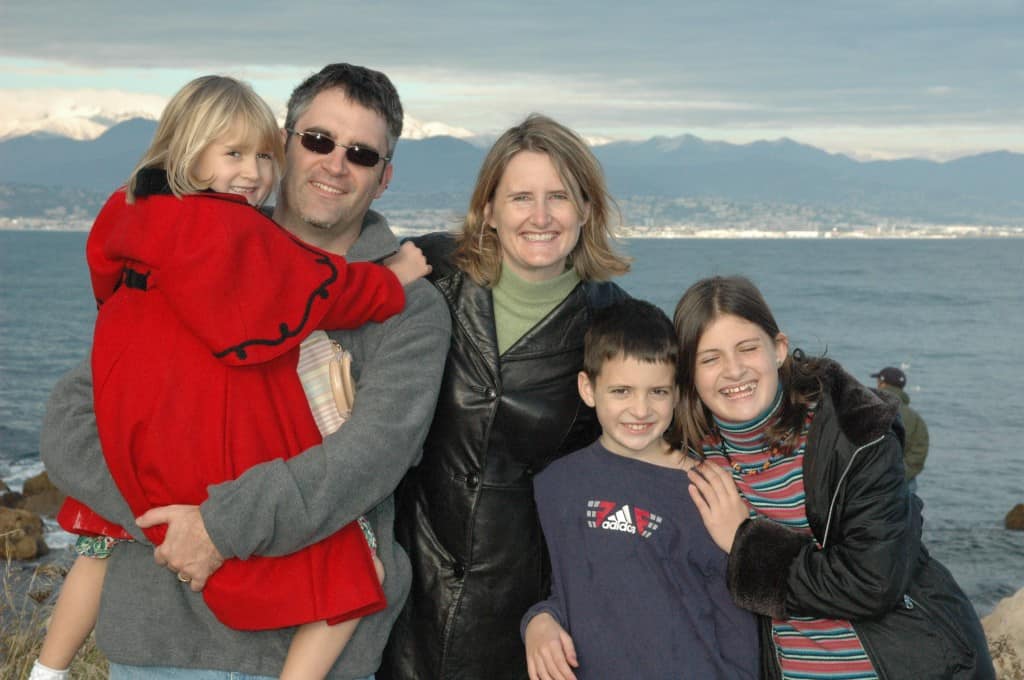
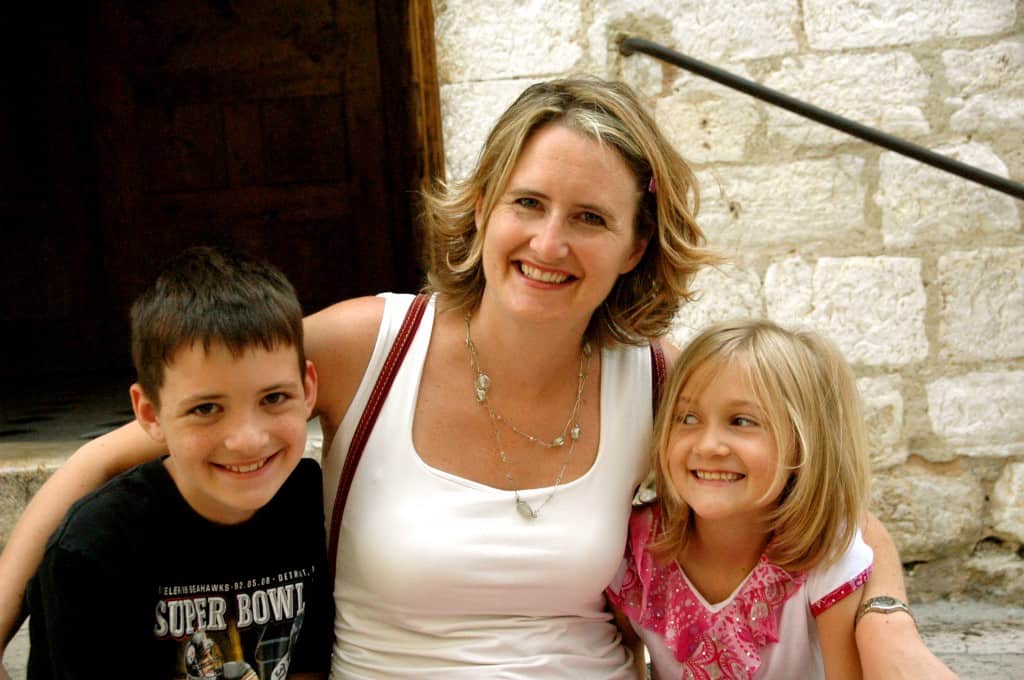
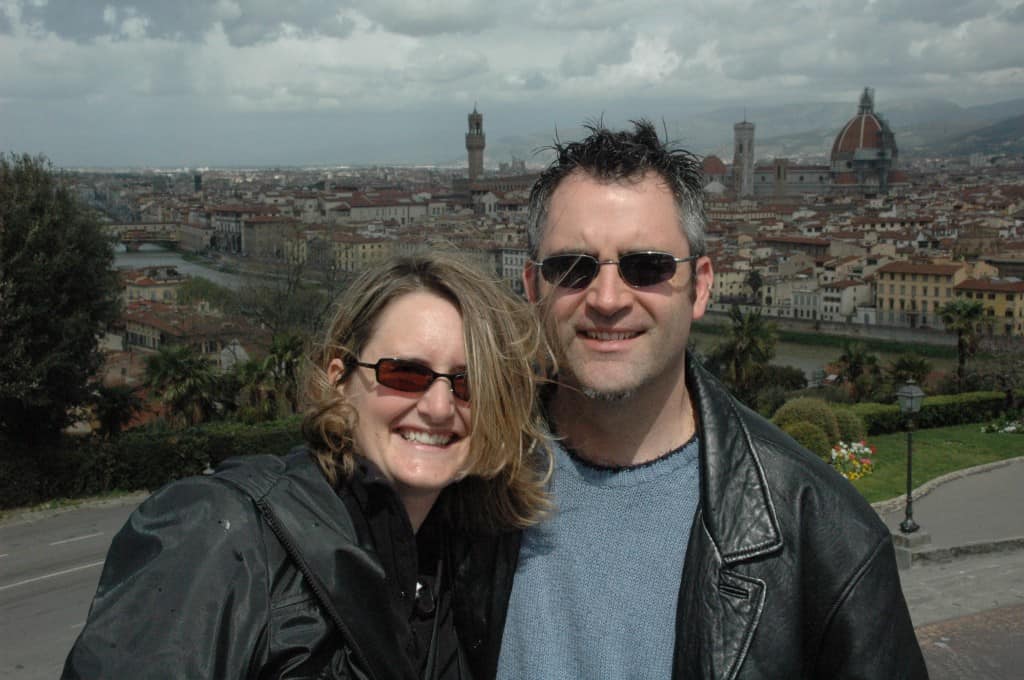
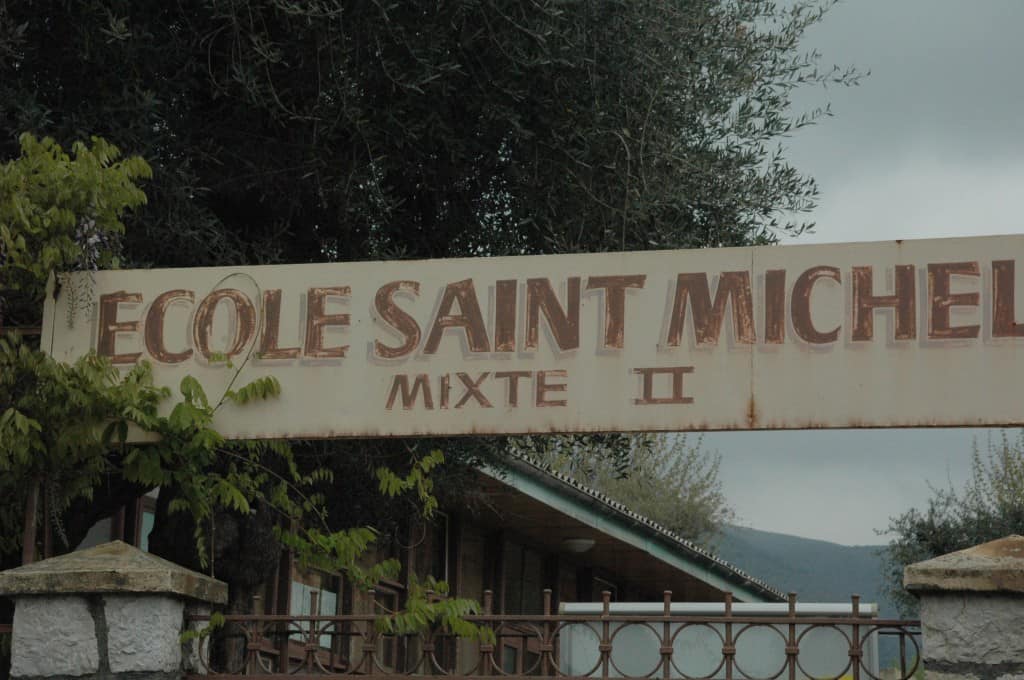
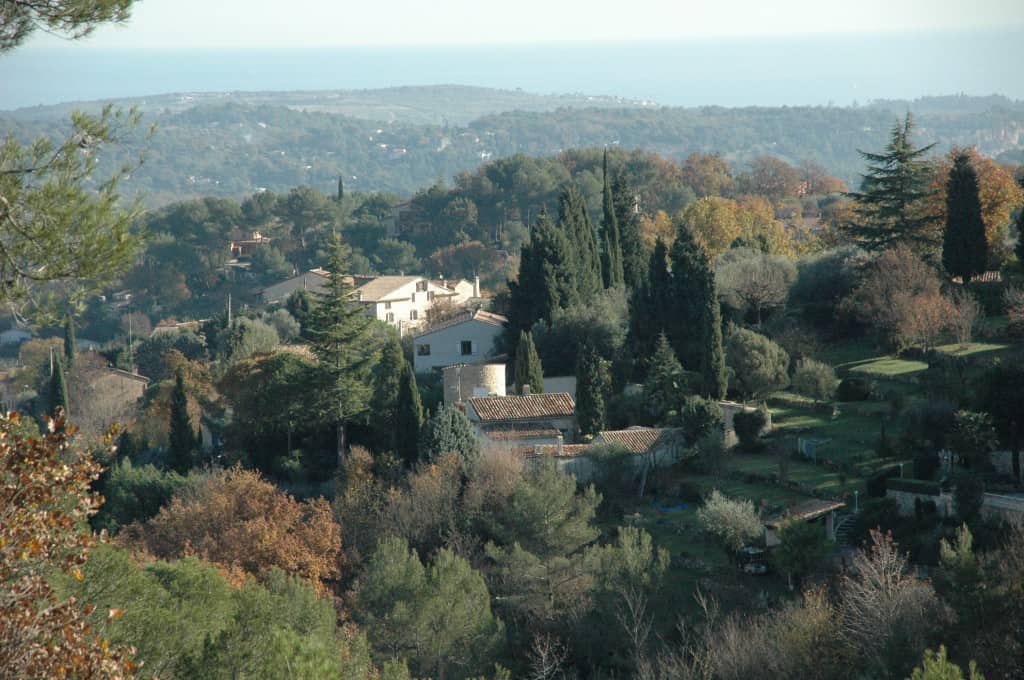
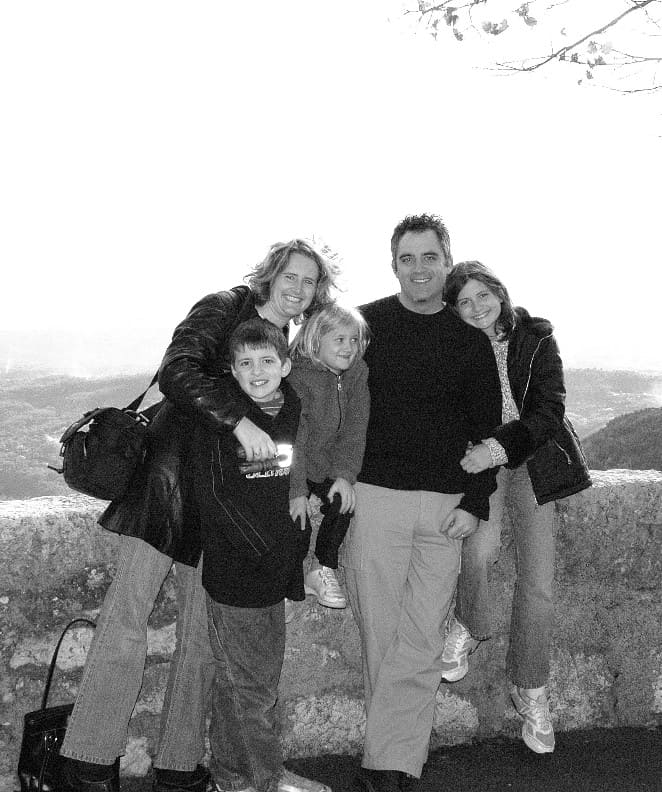
0 Comments